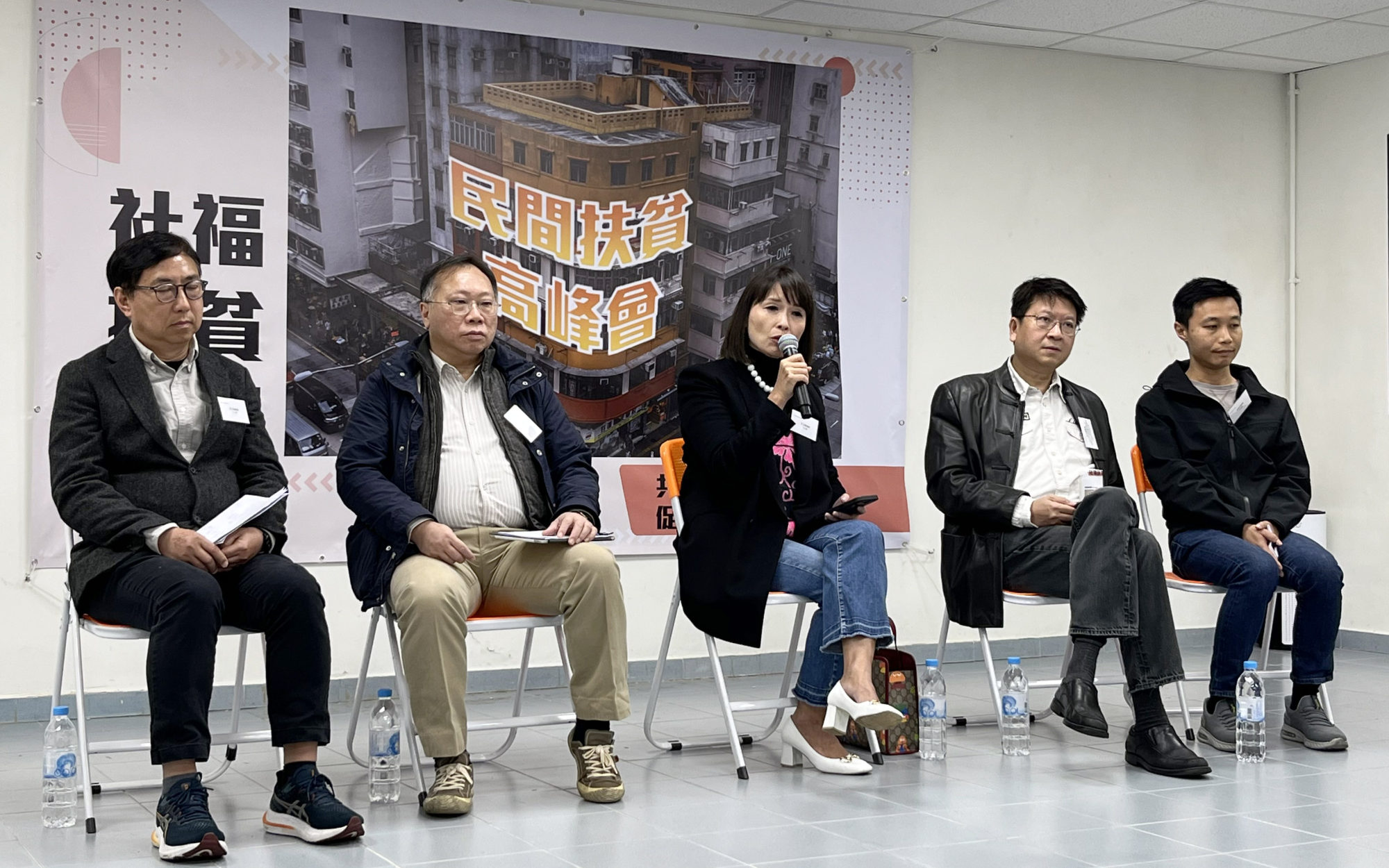
‘Law does not protect us’: Hong Kong subdivided flat tenants call on authorities to plug loopholes in tenancy regulations to curb landlord exploitation
- Residents say they are still being overcharged for utilities and have ongoing conflicts with landlords over repair and maintenance issues
- ‘We are still charged way above the normal level for electricity and water,’ a homemaker with two children says
Tenants of subdivided flats in Hong Kong have urged authorities to plug loopholes in tenancy regulations by ramping up enforcement measures and increasing transparency of rental rates, saying that exploitation by landlords has continued despite the implementation of new rules two years ago.
At an annual forum devoted to poverty attended by lawmakers and more than 100 residents, those from underprivileged communities said they were being overcharged for utilities and facing conflicts with landlords over maintenance and repair issues.
“We are still charged way above the normal level for electricity and water,” a tenant of a subdivided flat in Kwai Chung who wished to be identified as Kayla told the event organised by an anti-poverty alliance, which was formed by 14 non-governmental organisations for subdivided flat tenants, women, homeless people and others.
Hong Kong to replace median household income as sole indicator of poverty
The full-time homemaker with two children added that she hoped the government could provide a cash allowance to help improve living conditions, as well as offer services for minor repair work and provide furniture.
May Lam, an elderly woman living alone in a subdivided flat in Tsuen Wan, said existing regulations failed to ensure landlords covered maintenance and repair costs.
“The landlords can simply ignore and procrastinate, and tenants can’t do anything about it, but bear the costs on their own,” she said. “Otherwise, the only choice is to leave … the law can’t protect us at all.”
She added that the government should also cap the starting rent, instead of simply restricting rent increases.

Some other tenants voiced concerns about the long waiting time for public housing, and the remote locations of the flats under the “light public housing” scheme.
The scheme aims to create 30,000 government-built temporary homes for families who have been on the waiting list for a standard public rental flat for at least three years.
Since January 2022, the Landlord and Tenant (Consolidation) (Amendment) Ordinance has restricted rent increases on tenancy renewals and owners are not allowed to overcharge occupants for electricity or water.
Landlords are also required to maintain drains, pipes, electrical wiring and windows, as well as fixtures and fittings. But if landlords fail to fulfil their obligations, the law only grants the tenants the right to terminate the tenancy.
Alternatively, the tenant may first carry out the repairs and recover the costs from the landlords, with legal actions taken if necessary.
Hong Kong scores 0 for efforts to improve lives of poor children: advocate poll
Lawmaker Doreen Kong Yuk-foon, who sits on the Legislative Council’s welfare panel, said enforcement efforts should be stepped up to crack down on malpractice, instead of relying on tenants to file a report.
“Tenants can hardly report being overcharged on their own. They do not have a choice because they live there,” she said. “The government should instead conduct more surprise checks. I have seen an electricity bill that goes up to HK$6,000 [US$767], how is that possible?”
Kong added that more educational efforts were needed to equip tenants with knowledge about the regulation, which she said already had wide coverage.

Economist Terence Chong Tai-leung, a member of the government’s Commission on Poverty, said authorities would need to ensure transparency of the rents of subdivided flats to establish a cap on starting prices.
“The government should require all landlords to disclose the rent of their flats on a website, so they will know the rent of their neighbours,” he said.
“Landlords could be required to list their flats only through a government office, to ensure the transparency, and thus lower the chance for tenants to be charged commission fees too.”
Chong added it was unrealistic to ask tenants to take legal action against their landlords over maintenance and repairs costs and that he hoped the government could review the existing legislation to close the loophole.

